For several decades, people mistakenly believed that drug addiction or alcoholism were the marks of moral failure or poor character. This led to terms like “junkie,” “user,” or “addict,” which began to define someone by their mental health disorder rather than as a person with an addiction.
Overcoming such addiction stigma can be hard, and it takes time. In some cases, you might confront it and not be able to change it, but that does not mean you shouldn’t get help.
With a good treatment program, you can learn how to change the stigmas your family holds, how to work together to educate others, and how to respond appropriately to difficult situations.
To find comprehensive mental health and substance abuse treatment, contact our Michigan drug treatment center today.
Stigma and Drug Addiction
There are many reasons why people avoid getting the treatment they need for addiction. One of them is the perceived cost, and the other is the risk of drug addiction and stigma.
Worries over stigma can prevent people from reaching out to others for help when needed, from admitting that they have an addiction, and staying sober after completing a program.
Consider this:
When John was a child, he heard his father be critical of a few homeless people in a shopping center, remarking that they were “junkies” and that they wouldn’t be in that place if they had chosen to be better people.
So when John grew up and struggled with addiction on and off for four years, he was always afraid of asking for help or even admitting a problem. He believed, incorrectly, that there was something wrong with him, and because he never reached out for help, he never interacted with someone who could tell him otherwise.
If John was able to read something online about stigma and drug addiction, he might learn more about how misguided such comments from his father were and the importance of not letting someone else’s potential judgment interfere with living a great, rewarding life.
But addiction stigma doesn’t end with getting help.
Consider this:
John finally admitted to his mother, though not his father, that he was struggling with addiction. The family supported his decision to get help and continued to support him with family therapy, support groups, letting him live at home after treatment and helping him rebuild his life.
When he attempted to open a new bank account, the teller was particularly rude about his lack of financial statements. He explained that he had spent the last three months in drug rehab, to which she became even more abrasive.
John’s mother, with him at the time, was so incensed at the treatment he received that she closed her accounts with the bank, as did the rest of the family, and lodged several complaints.
If John were able to complete treatment, he would know that such stigma and drug addiction sometimes go hand in hand. It could have been a trigger for him, but he would have learned that he can’t control others, only his responses. He might recognize and sit with his embarrassment, his anger, his frustration, and his pain but then be able to process it and move on.
Get Treatment with Liberty House
At Liberty House, we work hard to overcome stigma and drug addiction. Our staff provides sensitive and personalized residential programs that can include:
- Individual therapy
- Group therapy
- Family therapy
- Dual diagnosis services
We offer on-site detox services as one of few licensed facilities. We can provide medication-assisted treatment (MAT) for opioid addiction or alcoholism. Once detox is complete, we offer clients comprehensive inpatient programs personalized to their needs.
With our fully licensed medical facility, we have counselors, doctors, nurses, and other medical personnel on duty at all times to ensure every patient receives optimum care. When you reach out to our team, we will help you undergo an initial assessment to provide a personalized care plan.
A significant part of that plan is family therapy, where you can address the potential for drug addiction and stigma long after you leave your therapy program. Having a support system around you can make it easier to overcome addiction stigma that might hold you back from getting help and prepare you to overcome addiction stigma moving forward.
Don’t let addiction stigma get in the way of your best life. Call us today to learn more about our programs.



